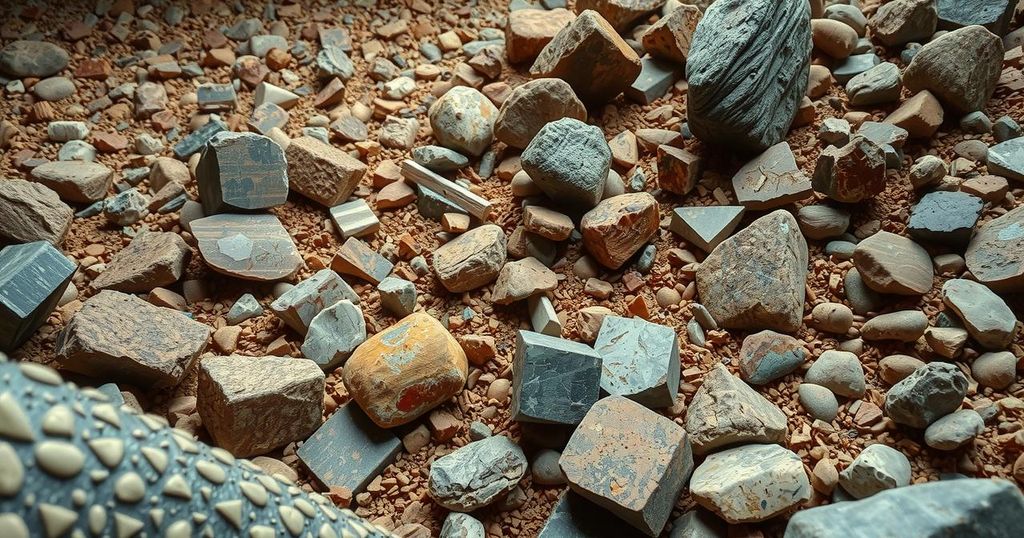China’s Speed in Securing Critical Minerals from Brazil
Brazil’s extensive mineral reserves make it a vital supplier for the energy transition. China leads in securing these resources through swift agreements, while the U.S. adopts a more cautious approach, struggling to keep pace. Recent Chinese investments highlight a significant advantage in the minerals race.
Brazil is emerging as a pivotal supplier of essential minerals, possessing significant reserves of nickel, lithium, copper, niobium, manganese, aluminum, cobalt, and rare earth elements. These minerals play a vital role in the production of batteries, cables, wind turbines, electric motors, and solar panels, making them crucial for the energy transition. Consequently, Brazil’s mineral wealth has ignited interest among both Chinese and American entities, eager to secure these resources.
China currently dominates the global landscape in energy transition technologies and serves as the primary market for critical metals sourced worldwide. In contrast, the U.S. is intensifying its strategies to obtain these essential materials in an effort to reduce its dependency on China. However, the rapid pace at which Chinese investors are finalizing agreements with Brazilian mining firms poses challenges for U.S. initiatives.
Recent months have seen multiple announcements from Chinese state-owned and private enterprises regarding five new deals with Brazilian mining companies that control critical metal deposits. Many of these agreements pertain to mines still in the pre-operational stage, underscoring China’s proactive approach in establishing footholds within Brazil’s mining sector.
Conversely, U.S. firms exhibit more caution in deal-making. The recent communications involving American banks and mining companies concerning Brazil have largely consisted of letters of intent, highlighting a significant disparity in the urgency and readiness of American interests to secure mineral agreements compared to their Chinese counterparts.
In conclusion, Brazil’s extensive mineral resources are pivotal in the global transition to renewable energy. While China currently leads in securing these resources through swift investments, the U.S. is attempting to catch up but faces challenges due to a more cautious approach. This situation highlights the competitive dynamics at play in the critical minerals market, with implications for both nations’ energy strategies.
Original Source: www1.folha.uol.com.br








Post Comment